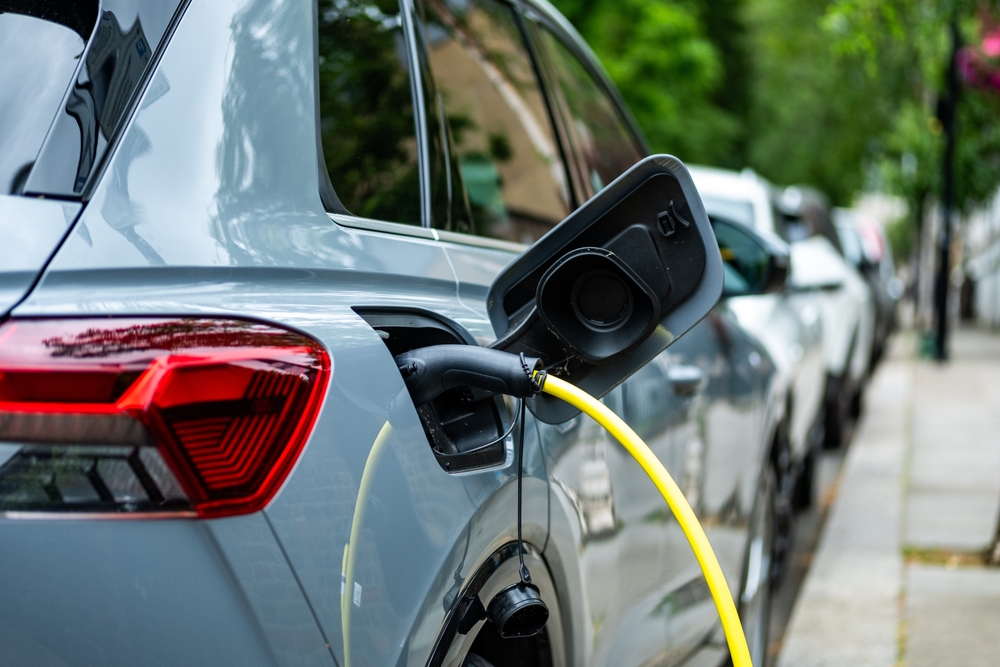For the most part, Ireland’s Budget 2026 left motoring and motorists in status quo. Taxes were left broadly unchanged, motoring costs left largely untouched.
So what has changed? Well, carbon taxes have gone up, from €63 per tonne of CO2 to €71 per tonne, which is a rise that was already known about.
It means that from midnight tonight prices for fuel at the pumps go up by around 2.5 cents per lite each for petrol and diesel. That will add €1.25 to the cost of an average fill-up. Then again, prices for fuel have been falling for the past few months, so it likely won’t be too much of an inconvenience.
No new motoring taxes were announced, in spite of much speculation in the run up to Budget Day that there would be a new weight-based tax for SUVs. That hasn’t happened, although it’s certainly still on the table for future Budgets.
The €5,000 maximum Vehicle Registration Tax (VRT) rebate for electric vehicles has been retained, but Paschal Donohoe, Minister for Finance, has announced that’s only locked in until the end of next year.
Those buying EVs for business use will have seen both good and bad in Budget 2026. The bad is that while the current €10,000 rebate that knocks that amount off the value of a company electric car for Benefit-In-Kind (BIK) tax purposes has been kept, it’s only until the end of 2026. After that the rebate will be €5,000 for 2027, €2,500 for 2028 and nothing at all for 2029.

However, on the plus side for business EV buyers there was the announcement for a new BIK band reserved only for zero-emissions vehicles with rates from six per cent to fifteen per cent depending on your annual mileage. The minimum mileage limit to avail of the lowest possible rate of BIK has also been brought down which will pull more business EV drivers into the lowest tax band.
Businesses will also retain the perk of being able to write 100 per cent of the purchase value of an EV off against tax in the first year of ownership, and that has also been extended to alternative fuel vehicles including those running on LPG, CNG, biogas and hydrogen.
Speaking of EVs, there was some small relief in that the discounted nine per cent VAT rate for electricity has been kept in place all the way through to the end of 2030. Originally, that VAT rate had been due to go back up to 13.5 per cent at the end of October which would have driven up charging prices for electric cars, especially at public charging stations.
In terms of spending, €4.7 billion has been allocated to the Department of Transport, some of which will be used for major road projects, including the improvements to the N5, and the new M28 link road to Ringaskiddy port.
As a point of interest for EV owners, if you’re able to sell excess battery energy (or energy from solar power) back to your supplier, the first €400 of whatever you sell will be left untouched by Revenue as far as income tax is concerned.
All in all, a quiet Budget for motorists. Some small rises in costs, but little enough to truly worry about.